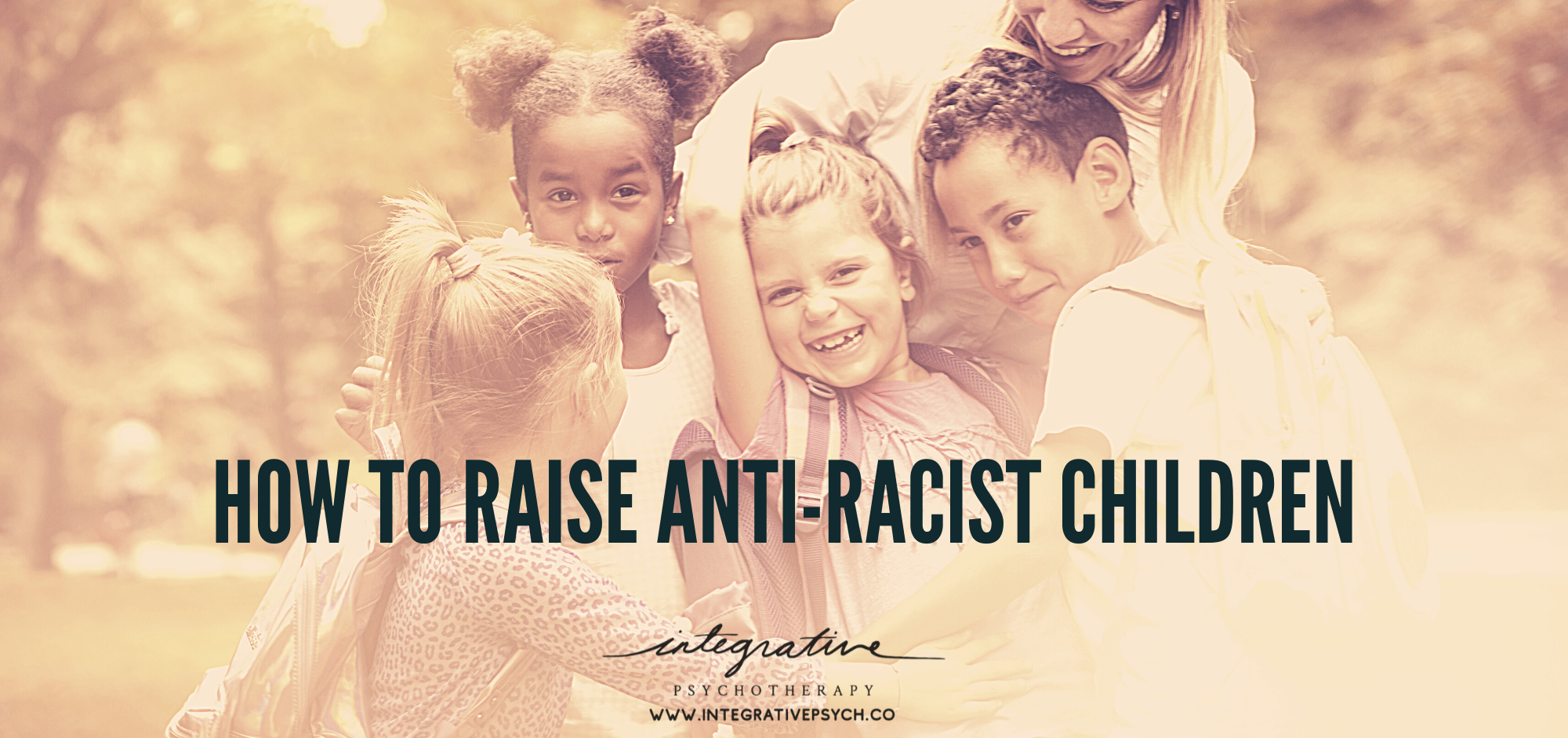How to Raise Anti-Racist Children in New York
How to raise anti racist children
With the current social climate in the world, there's a lot of conversation about how to make the world a more just, healthy and secure place to live in .
As adults, we can do our best to educate ourselves, speak up for justice, find a peaceful way to engage with others and create a safer environment for black people and people of color to live in. We know that world safety is important, and a secure sense of respect, security, rights and equal privilege is important.
But what about our children?
How do we teach the little ones in our lives to be supportive to others who come from different countries, have different skin colors and treat them with equal respect? Better yet, how do we help them not have to work as hard as we do to lessen the divide. Let’s start from a young age so their normal is one of social justice and anti racist.
Here are 5 tips for raising anti racists kids.
1} Dolls and Toys
When filling up your child’s playroom, be cognizant of buying lego sets, dolls, and play sets that represent individuals of all races. When playing with your child, talk about the differences, and make it an informative conversation; acknowledge the different colors of skin, different facial structures and the places they come from as well as some of their customs and heritages.
This teaches them to know more about others and appreciate and value their differences.
2} Look inside yourself
Take some time on your own to explore your own understanding of racism, oppression, racial prejudice and hierarchical injustices. Look at any of your own conscious or silent biases and work through them so you evolve and deepen the way you relate to yourself and others of other color and race. You can’t teach your children something you aren't fully clear on, yourself.
3} Support black educators, and leaders
There are many educational platforms and leaders, teachers and parents in the black community and people of color who are out there working hard to speak up and make a difference. Share their work, endorse their message and support them. If you can, donate your time, money and resources to help promote the cause of change.
4} What you read and watch
When you are choosing movies, books to read and shows to watch with the kids {and for yourself}, be sure to choose books and shows that are racially representative.
5} Speak up with pride
When you converse with other adults or while having a family conversation, let your children be exposed and involved in you speaking up against racism. This is conversation they should see you passionate about, and speaking about with pride and confidence. These are one of the ways we teach our children how to be and what to believe- by doing and speaking about important subject topics in a way where they are involved and are exposed to important information about themselves and the world.
If you're reading this, I’m sure you’re a parent who wants your child to be equipped to face the world with wisdom, health and a grounded mind. You also want to be sure your child doesn't ever get hurt or mistreated, which is a natural parental desire.
Many times, the world presents us with opportunities to make the world a better place while also providing teachable moments.
When you speak up and address concepts such as respect, justice, equality and how it relates to racism, you are teaching your child about boundaries, honesty and truth.
Of course, you will have your own version of conversation in a way that is right for your child’s age and the way you want to give this over. Do that.
And thank you for being part of those of us who are here making the world a better place.

